Legality of Driverless Cars Questioned
Mercedes-Benz is well-positioned to be at the forefront of the autonomous car realm in America, aiming to deploy the inaugural SAE Level 3 automated technology ahead of the competition, even surpassing Tesla’s local production. Despite its evident potential, many law practitioners are wary; pointing out the legal glitches that still need to be addressed.
Level 3 semi-autonomy implies that, once the system is activated, humans will no longer be regarded as operators. This makes it difficult for legal specialists to identify who would be held responsible in case of a crash.
Mercedes-Benz will give American customers access to this advanced feature through its Drive Pilot system. It will be available as a selectable option in the S-Class and the EQS Sedan initialled for production later this year, both from the 2024 model year.
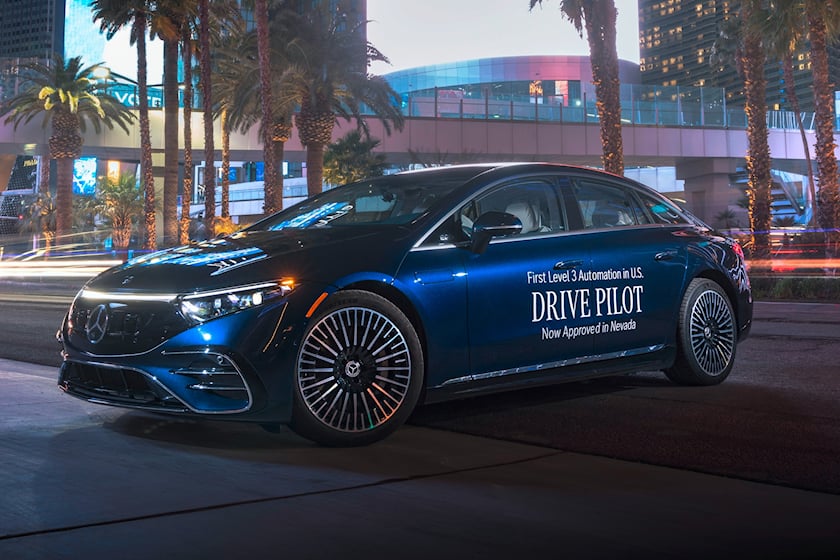
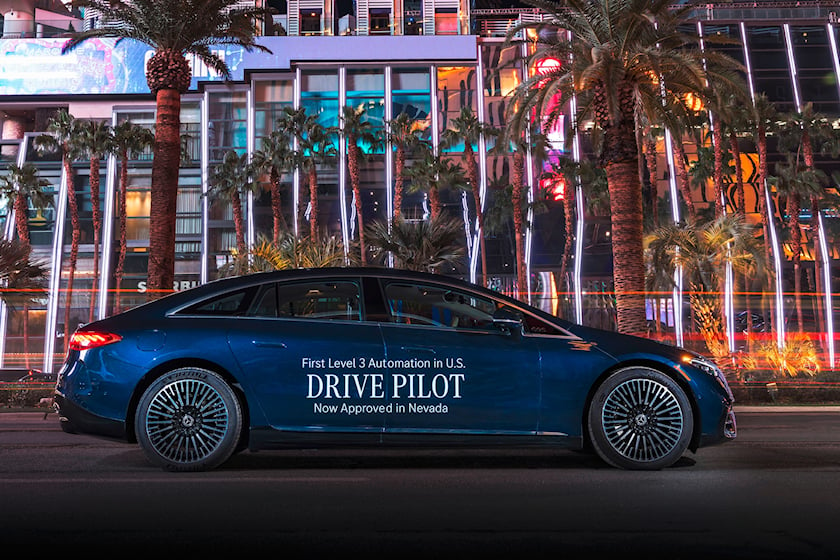
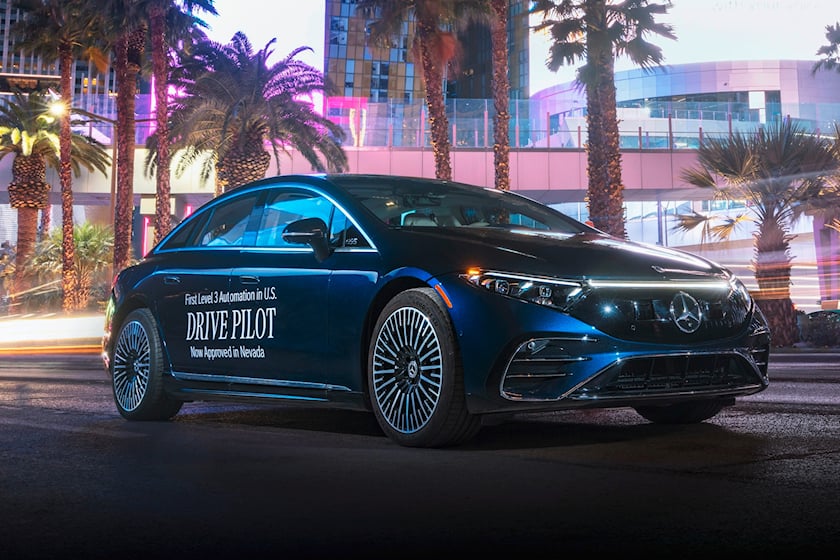
The German automaker has already handled some paperwork, giving the go-ahead for its Drive Pilot to be used first in California and Nevada.
“It is well-known that there are established legal frameworks for determining responsibility and liability when it comes to roads and highways,” the automaker said in a statement to Automotive News. “Though the details may vary from one jurisdiction to the next, these systems still provide the legal basis on which the respective duties and obligations are based.”
William Widen, a law professor at the University of Miami, proposes stern regulations and legislation be put in place before permitting cars with Level 3 semi-autonomous functions to drive on streets. As for those individuals who are prepared to purchase self-driving vehicles, he cautions that they give due consideration to statements made by manufacturers.


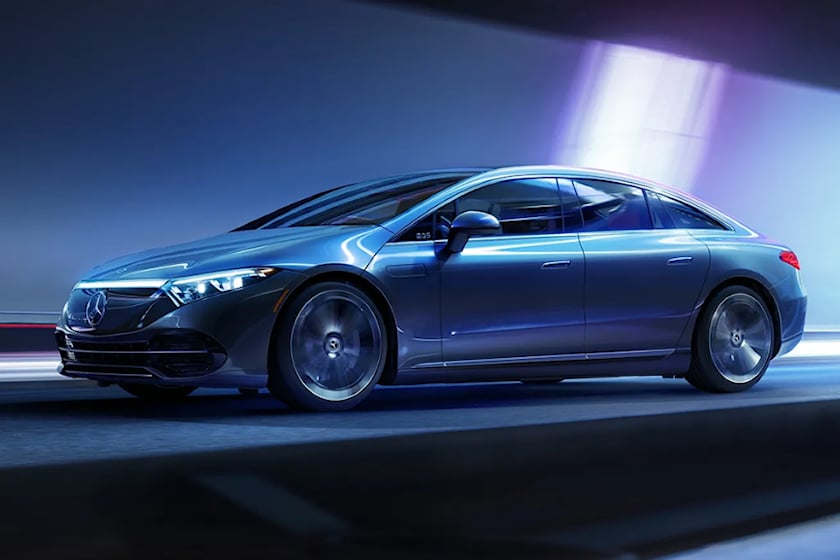
“A shield law for owners who engage Level 3 automated driving systems is essential,” said Widen, “unless new laws are written. During an interim period, the company should be held accountable since there is no proof that these systems are safer than a human driver.”
Despite the worries about legality, the most recent S&P Global Mobility survey of customers revealed a continuing lack of faith in autonomous vehicles. Predominately, shoppers seem to like cars that offer automated safety measures via advanced driver assistance systems (ADAS), such as GM’s Super Cruise or Toyota’s Safety Sense.
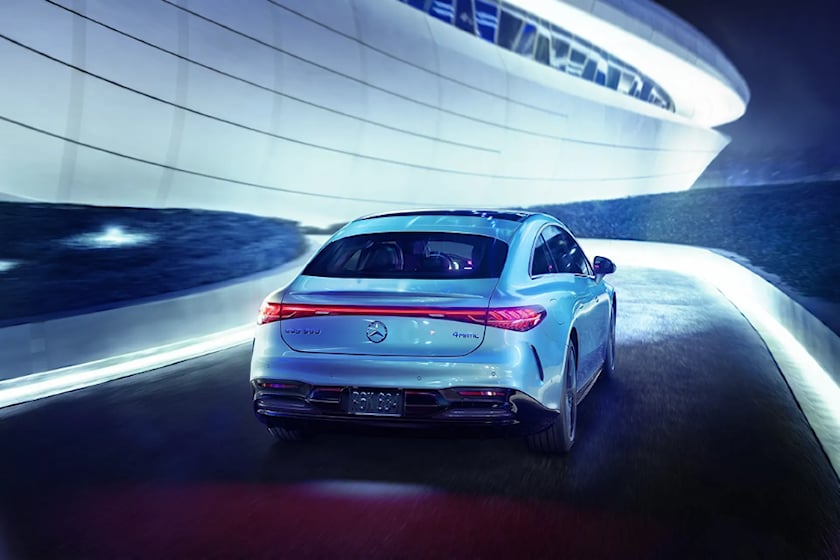

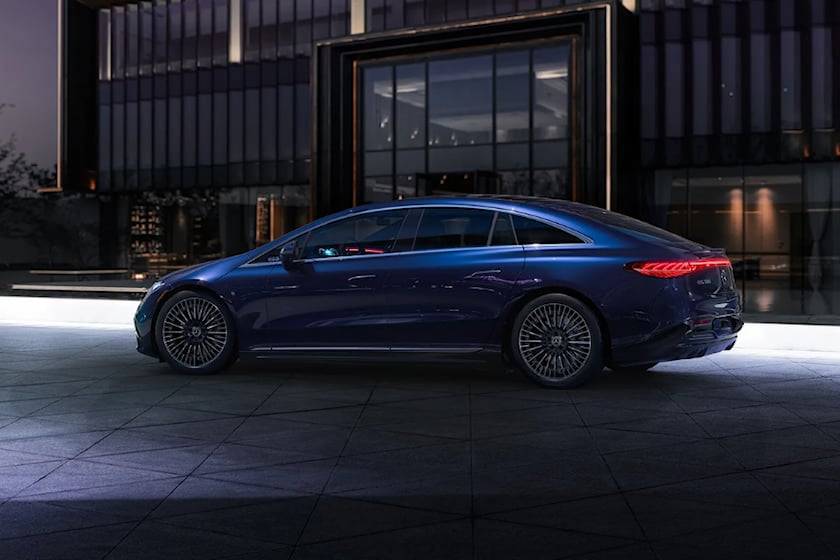
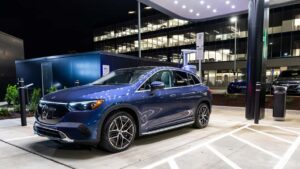
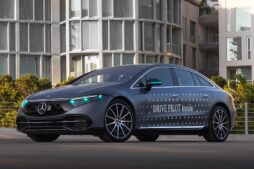
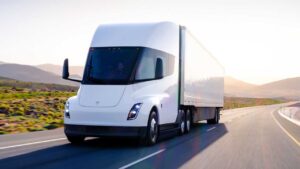




Hi there, just became aware of your blog through Google,
and found that it’s truly informative. I am gonna watch out for brussels.
I will appreciate if you continue this in future.
Many people will be benefited from your writing. Cheers!
Lista escape roomów
Very interesting subject, regards for posting.?